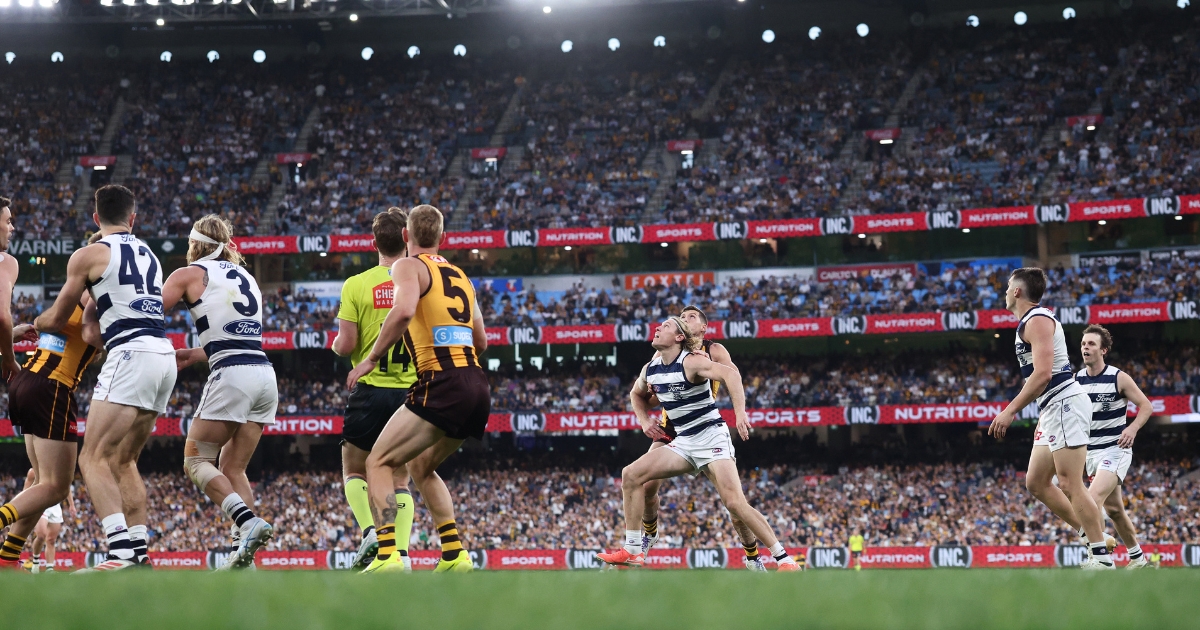Risks associated with lithium-ion batteries
Victorian fire services are responding to at least one significant lithium-ion battery-related fire each week and this trend is expected to increase.
Energy Safe Victoria, Country Fire Authority (CFA) and Fire Rescue Victoria (FRV) are urging the community to be aware of risks associated with lithium-ion batteries and know how to use them safely, with fires caused by them on the rise.
Lithium-ion batteries are rechargeable batteries found in e-scooters, e-cigarettes, e-bikes, electric vehicles, golf buggies, power banks, vacuum cleaners, power tools and gardening appliances.
CFA Deputy Chief Officer Garry Cook said lithium-ion battery fires can be avoided by taking precautions and using these devices safely.
“When lithium-ion batteries are damaged, misused or fail to meet compliance standards, they pose a serious fire risk, particularly while they are connected to chargers,” he said.
“These devices make our lives easier, however people should know the risks and make sure they use e-products correctly.
“The best way to keep you and your family safe is to only purchase from reputable suppliers, follow the manufacturer’s instructions and use the compatible charger that came with the product.”
Fire Rescue Commissioner Gavin Freeman AFSM said fire crews were responding to an increasing number of fires caused by lithium-ion batteries, often with devastating impacts.
“Just last month FRV attended a significant house fire in Port Melbourne caused by a handheld rechargeable tool, which had a faulty lithium-ion battery,” Commissioner Freeman said.
“Thankfully the occupant managed to evacuate the premise and was uninjured, but the house was extensively damaged.”
“It’s important that people never store e-products in places that would block exits in the event of a fire.”
“Stop using or charging the product if you notice strong odours, extreme heat, change in shape, leaking or hissing and popping sounds, as these are indicators the product may catch alight.”
Once a lithium-ion battery catches alight it can develop dangerous, self-sustaining flames and potentially release shrapnel and toxic gas.
Fire agencies encourage people to charge these devices in a safe open space outside or in a room where a smoke alarm is present.
The issue has prompted Energy Safe to include the supply of safe lithium-ion batteries as a compliance and enforcement priority for 2023-24, ensuring suppliers sell products that meet Australian Standards.
Energy Safe has also led the expansion of international safety standards for personal e-transporters, such as electric scooters powered by rechargeable batteries.
Energy Safe CEO Leanne Hughson said one of the biggest risk factors was the use of ‘aftermarket’ batteries or those not made by the original manufacturer.
“All batteries come with a degree of risk but it’s how you treat them and the care you take with purchasing that determines whether they become dangerous,” she said.
“If they’re damaged, replace them and don’t take shortcuts to save some money. Common factors with lithium-ion fires are aftermarket, recycled or modified batteries.
“They may be cheaper, but they are not worth the risk. You want the safest option which is the battery that is built by the same manufacturer as the product. It’s the same principle with chargers – do not buy the cheapest charger you can find unless it’s made by the manufacturer of the product.
“Riding an electric scooter should be a fun pastime, not an imminent fire hazard.”
Victorians who own or are considering purchasing a lithium-ion battery powered product can take the following actions to keep themselves and their families safe:
Purchase products from reputable suppliers.
Only use chargers and cords that are supplied with the device.
Don’t modify or tamper with the batteries and the appliances they power.
Don’t leave batteries charging in direct sunlight or for longer than they need to.
Only charge batteries on non-combustible surfaces in a room where a smoke alarm is present.
Don’t use batteries or devices that show signs of swelling, bulging, leaking or overheating.
Don’t charge items close to a door, which would block your exit if the item did catch fire.
If your e-product does catch fire:
Call Triple Zero (000) immediately.
Stop using the product if you notice overheating, bulging, leaking or unusual sounds.
Leave the area and call Triple Zero (000), even if you no longer see flames or smoke.
It’s not safe to attempt to put the fire out yourself, as batteries involved in fire can release toxic gases and generate multiple explosions. Ensure firefighters attend to make the area safe.
Never throw lithium-ion batteries in your regular waste or recycling collection bins. Many battery-related fires start in household bins, garbage trucks and waste facilities.
Victorians can learn more about lithium-ion batteries and how to safely use these products online at www.cfa.vic.gov.au/batterysafety and www.frv.vic.gov.au/battery-safety.



















